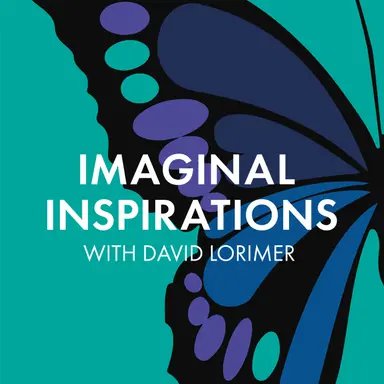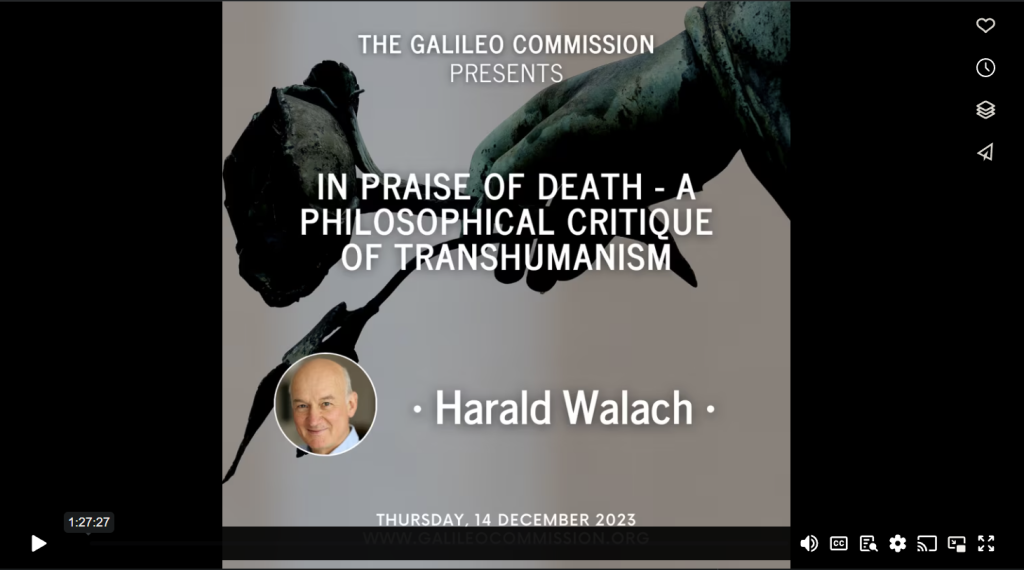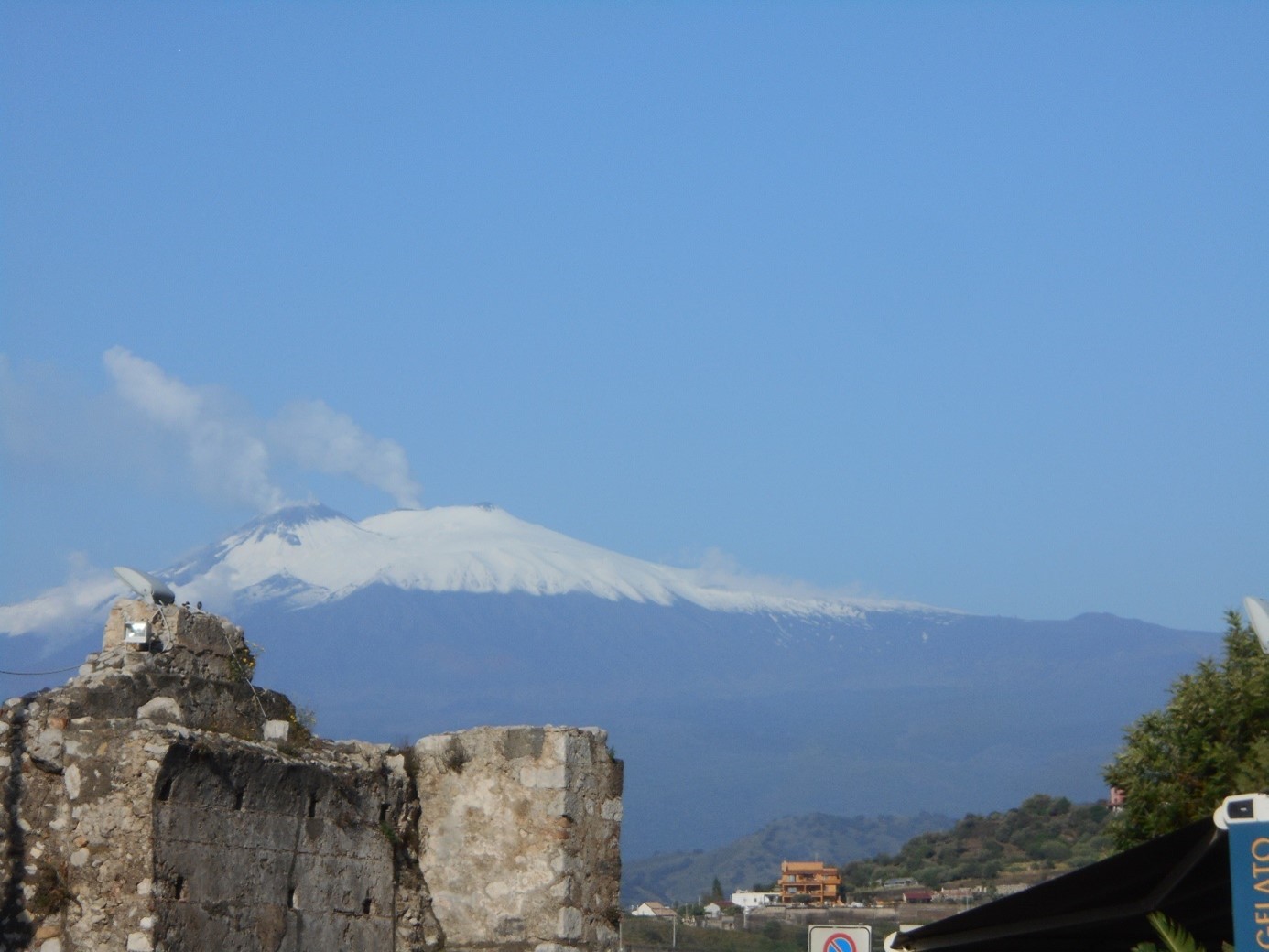Our new version of the Freiburg Mindfulness Inventory (FMI) with norm data from a representative German sample is now available (https://link.springer.com/article/10.1186/s40359-025-03671-3).
When Mindfulness-Based Stress Reduction (MBSR), developed by Jon Kabat-Zinn, became known in Germany at the end of the 1990s, I conducted some of the first scientific work on mindfulness together with a number of students. In 1999, Marcus Majumdar and I conducted the first evaluation of an MBSR training programme [1-3], for which we received the Continentale Insurance Research Award. Nina Buchheld, now Nina Rose, also approached me at that time with the suggestion of writing a thesis on the subject of mindfulness. We decided to develop a mindfulness questionnaire, the Freiburg Mindfulness Inventory (FMI) [4, 5]. If I am not mistaken, this was the first questionnaire instrument for measuring mindfulness. Shortly afterwards, research exploded and a wealth of other questionnaires were developed. Our instrument, the FMI, had a certain unique selling point: Nina Buchheld derived the items strictly empirically from Buddhist mindfulness literature, presented a long list of possible items to various mindfulness teachers and asked them to assess how accurate and understandable they were. From this initial list, she selected the items that were considered best and gave them to a sample group. The 30 questions that had the best psychometric properties were then included in our long version of the questionnaire. This was immediately translated into English by Paul Grossman [6].





